Attracting Rose-breasted Grosbeaks to Your Backyard
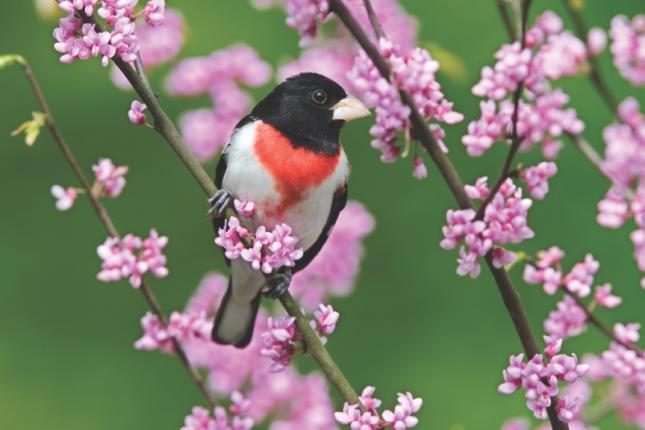 Grosbeaks are a bold and colourful visitor to any backyard. In Simcoe County Rose-breasted Grosbeaks visit our feeders throughout the spring and summer months before migrating south in the fall. The male Rose-breasted Grosbeak, boldly patterned in black, white, and rose, is easily identified. The drab, striped female, however, is more of a challenge, resembling a large sparrow or finch.
Grosbeaks are a bold and colourful visitor to any backyard. In Simcoe County Rose-breasted Grosbeaks visit our feeders throughout the spring and summer months before migrating south in the fall. The male Rose-breasted Grosbeak, boldly patterned in black, white, and rose, is easily identified. The drab, striped female, however, is more of a challenge, resembling a large sparrow or finch.
During the winter months in Simcoe County two other "grosbeaks" Pine Grosbeaks and Evening Grosbeaks (two northern species) may visit your feeders. However, neither of these birds are true grosbeaks from the Cardinal family they actually considered finches.
Food
Grosbeaks are aptly named for their "gross beak", which is ideal for crushing seeds. They have unusual diets for birds with such a big seed-eating beak. Throughout most of the year, over half of their diet is made up of insects. Their huge beaks allows them to eat large grasshoppers, crickets and other insects that have tough exoskeletons. Rose-breasted Grosbeaks’ preferred feeder items are sunflower, safflower and peanuts.
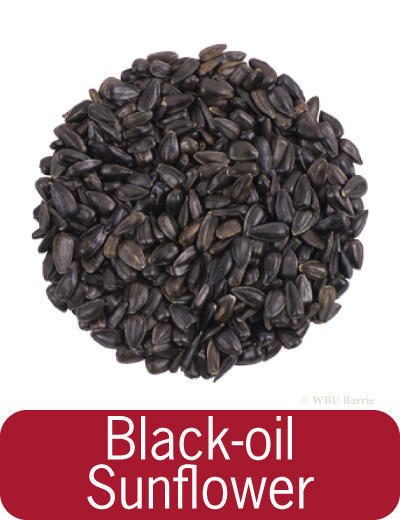
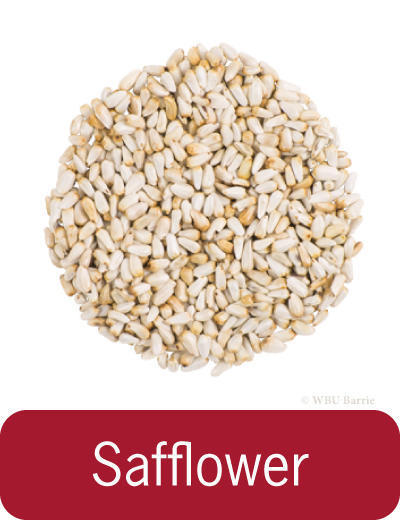
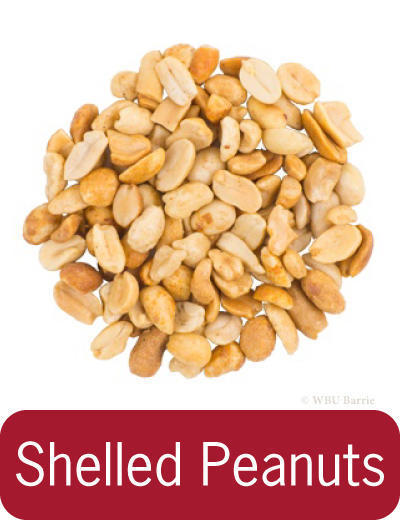
Feeders
They favour hopper style feeders filled with black oil or striped sunflower seeds. In addition to seeds, grosbeaks enjoy fruits and berries. Plants with berries such as elderberries and blackberries in addition to feeders will increase your chances of attracting grosbeaks.
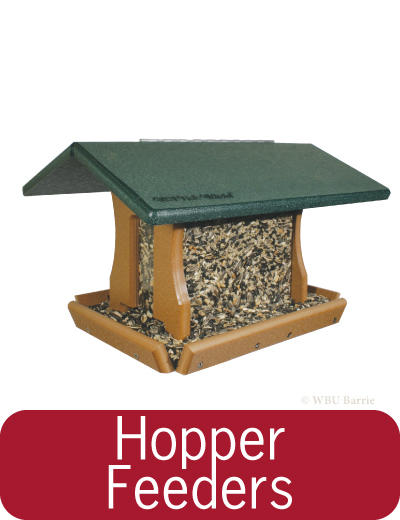
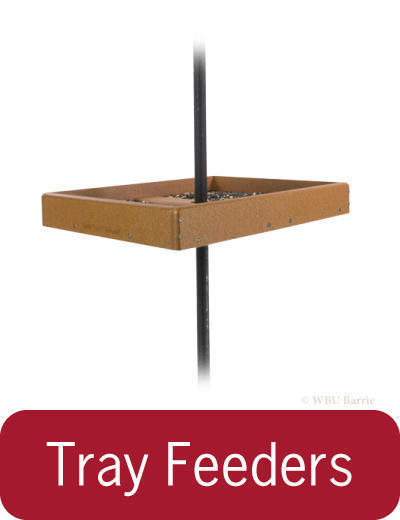
Nesting
Rose-breasted Grosbeaks are not cavity nesters and therefore will not use a man-made nest box. The nests of the Rose-breasted Grosbeaks are so thinly constructed that eggs often can be seen through the nest from below. The males share equally in incubating eggs and feeding young, despite having a much showier plumage than their females.
Birdbaths (Water)
Water is essential to all birds and providing a bird bath means they don’t have to travel great distances to find water. Water in a bird bath should be cleaned regularly as birds defecate, leave bits of food and feathers in the bath, not to mention leaves and other items that can end up in a bath. In the winter, heated birdbaths provide an excellent place for birds to drink. During the warmer months the WBU Water Wigglers and Solar Fountains create moving water in your birdbath, making the bath even more attractive to birds. WBU Barrie carries a variety of plastic, metal and clay birdbaths and accessories, as well as heated birdbaths for the colder months. Visit our page on birdbaths for a selection of styles as well as accessories like brushes, solar fountains, water wigglers and Fountain Fresh Water Clarifier.
Fun Facts
-
Rose-breasted Grosbeaks are known for singing on moonlit nights, sometimes all night, but never very loudly.
-
The Rose-breasted Grosbeak is beneficial to farmers, consuming many potato beetles and weed seeds.
-
The nests of Rose-breasted Grosbeaks are commonly parasitized by the Brown-headed Cowbird, possibly due to the singing done by both the male and female as they construct the nest.
-
Evening Grosbeaks like to eat wild cherries, but unlike other birds, they only eat the pits. They manipulate cherries in their beak to remove the outer skin and flesh. The remaining slippery seeds are held firmly with special pads on the “gross beak” and are simply cracked open and then swallowed.
-
For more information visit this great resource: Lab of Ornithology at Cornell - All About Birds - Rose-breasted Grosbeak

